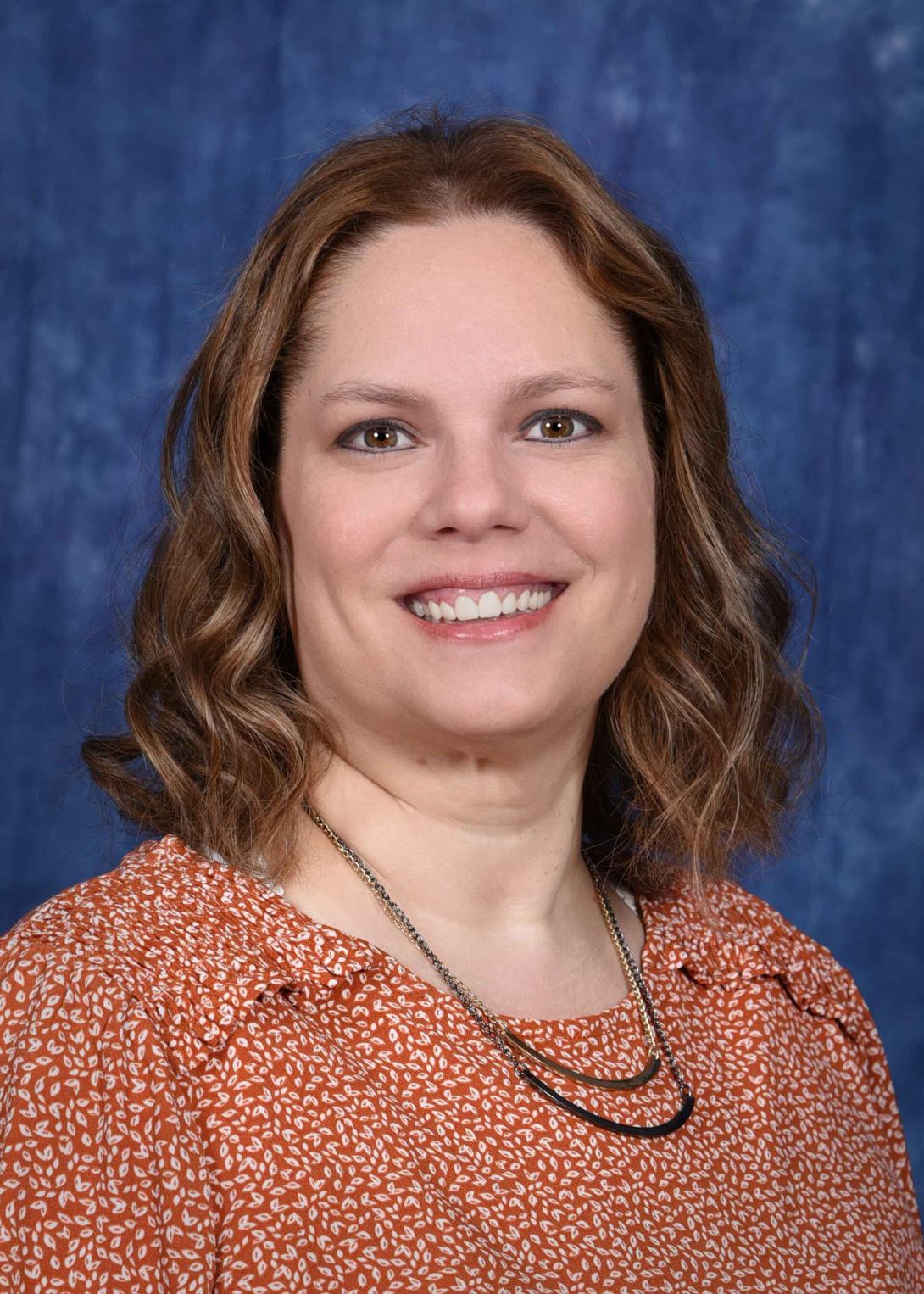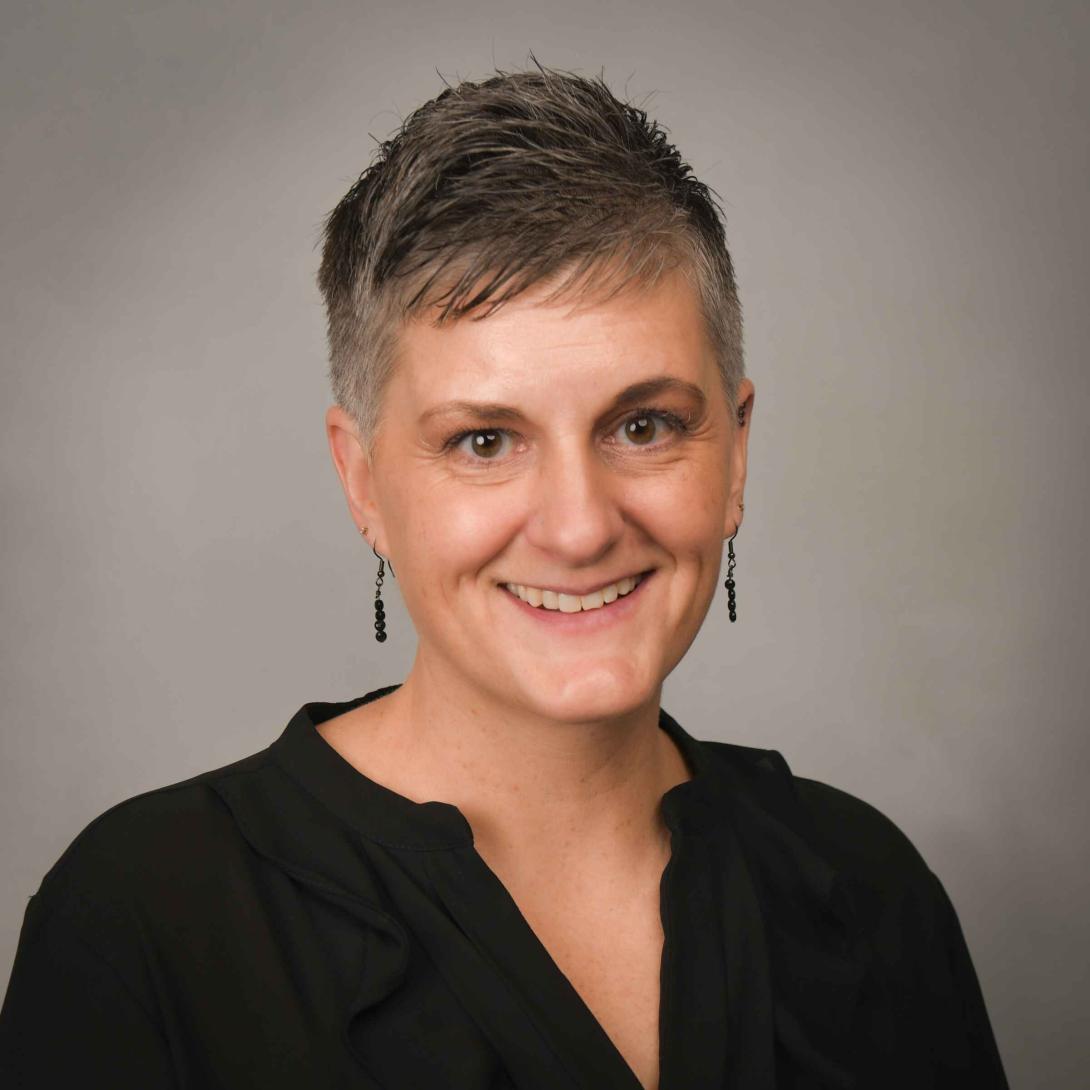Teaching and Learning Center
We at the Teaching and Learning Center seek to provide professional development opportunities based on best practices and current research in pedagogy. We hope the Center's workshops and trainings serve to strengthen our learning community and enrich our faculty culture of excellence in education.
Mission
To support a culture of excellence in student-centered education by developing and enriching the pedagogical knowledge of faculty.
Vision
To create support and enrich a college environment that values innovation, inclusion, and excellence in teaching and learning. We aim to promote continuous professional development, growth and inspiration for faculty grounded in evidence-based teaching pedagogies that support a culture of student success.
We fulfill this mission and vision by:
- Providing expertise in instructional design and development.
- Assisting faculty in identifying and clearly assessing learning objectives.
- Developing a campus-wide culture of authentic assessment methods.
- Facilitating programs and services for educators and learners to develop, practice, and reflect on their pedagogical approaches.
- Facilitating the development of a safe, validating, and inspiring learning environment for students and faculty.
- Providing a support network for new faculty.
Career Technical Education
Are you new to teaching in the Career Technical Education world? Do you need your CTE Certification? Do you need to renew your certification? These are all great questions for contacting me.
All CTE instructors should be certified with in 3 years of starting teaching. This can be up to a 2 year process so lets get started right away.

Danielle Thompson
TLC CTE representative
Building 6 Office 241
I am Danielle Thompson. I am our TLC CTE representative. I am happy to lead you to the right place and help you with your application process. If I don't have the answer, I know who does.
Tami Perez
Regional Teacher Educator, Regions 5 & 6
Idaho Division of Career Technical Education
If you have any questions that Danielle Thompson is unable to answer or are ready to apply for your certification, Please contact our Idaho State Regional Representative Tami Perez. .

Join us!
January 28th
3:30pm on Zoom
Presenter: Zach Wixom
Peer Observation Kick-Off Meeting
Come join us to hear about this opportunity. This is not required, but is a way that we can connect as faculty, build community, and build culture around our practice of teaching. Attending this workshop doesn't commit you to the process. Come, find out what this is, and then you can decide if its something you would like to participate in. It is a good way to demonstrate that you are working on growth in your end of the year evaluation.
February 25th
3:30pm on Zoom
Presenters: Aimee Reeder and Cameron England
How to Meet Criteria for Regular, Substantial Interactions
More information to come.
March 18th
3:30pm on Zoom
Presenters: Zach Wixom, Jake Haeberle, Dana Cotton, and Jill Kirkham
Classroom Management Strategies
More information to come.
April 22nd
3:30pm on Zoom
More information to come.
April 29th
3:30 on Zoom
Presenter: Zach Wixom
Peer Observation Wrap-Up
Join us to reflect on this experience, give your feedback and improve the experience for next semester.


